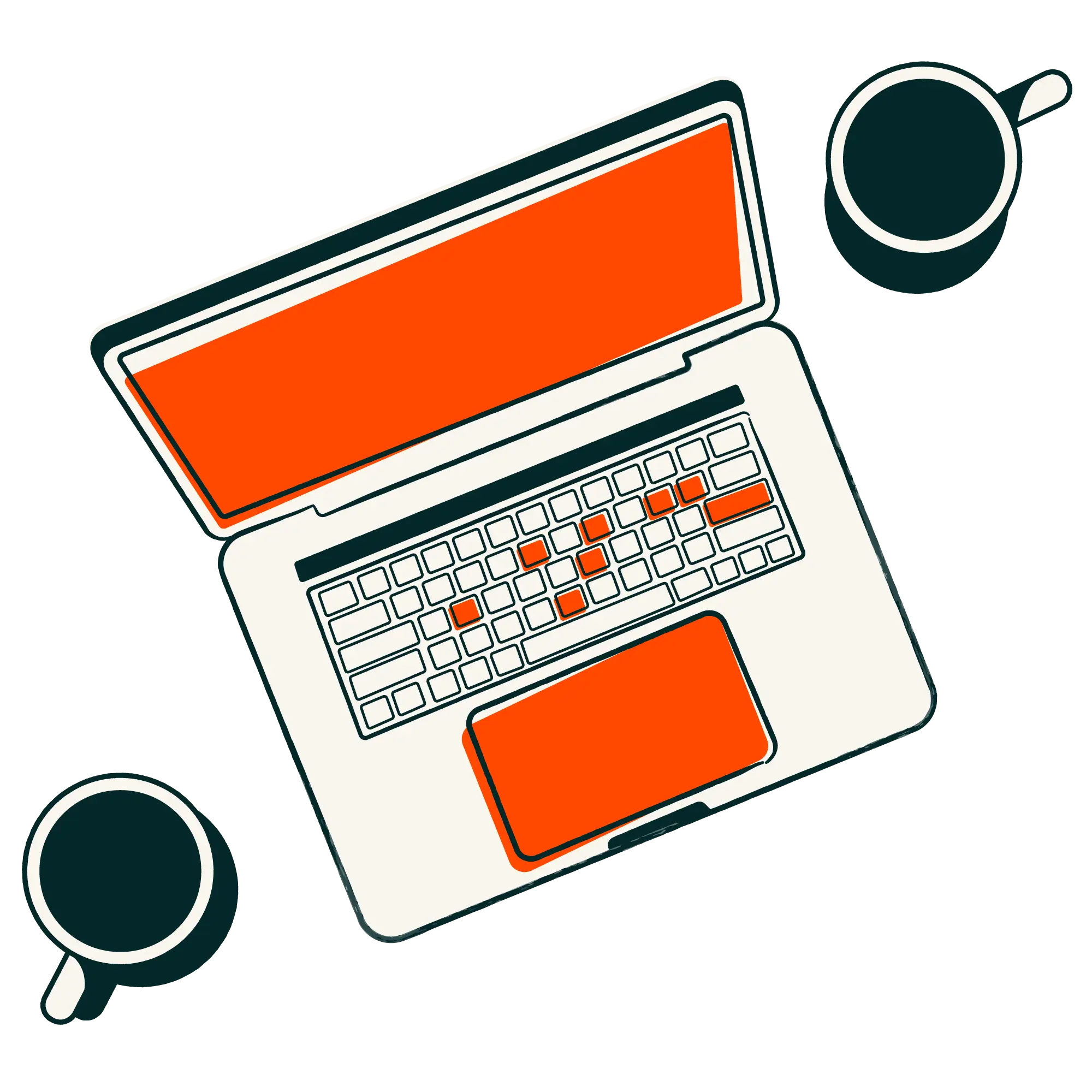While the phrase "personal brand" can come with negative connotations, it’s something we all must be thoughtful about during our careers.
That’s because your career brand (or personal brand) is what people say about you when you're not in the room. That reputation opens doors to promotions, facilitates career pivots, and creates opportunities you never saw coming.
Remember: If you don't shape your own career brand, others will do it for you. And, it might not be what you want to be known for.
I learned this lesson during my years at LinkedIn. I was a reliable executor who consistently delivered results. Still, I watched colleagues with less experience get promoted to leadership roles while I remained in the same position. The wake-up call came when I realized competence alone wasn't enough — I needed visibility and influence.
That’s why I developed the EPIC Career Brand Framework, a structured approach you can follow to intentionally build a reputation that truly supports your career goals. Instead of hoping that your work will speak for itself, you can strategically shape how others perceive your value — and here’s how.


















